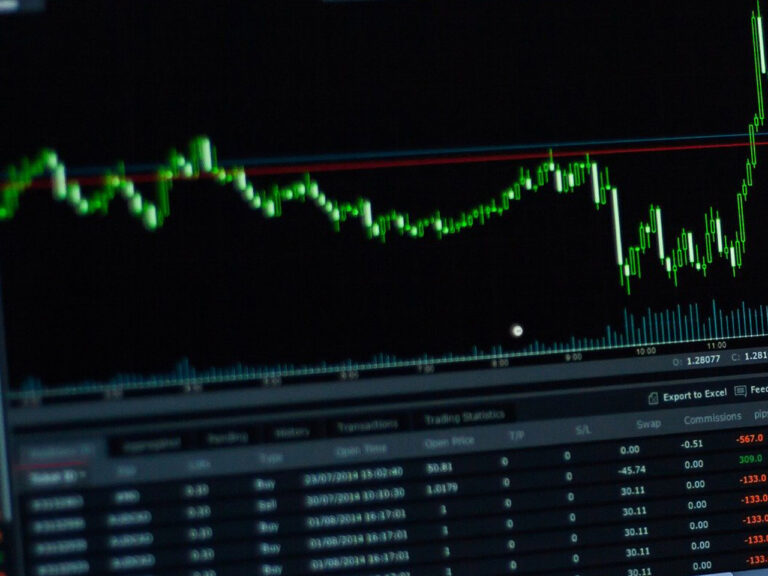Iron Mountain Incorporated (NYSE: IRM), a prominent player in the Real Estate sector specializing in REIT – Specialty, stands as a formidable entity with a market capitalization of $28.66 billion. As a trusted partner for a vast array of clients, including 95% of the Fortune 1000, Iron Mountain has carved a niche in information management, digital transformation, and data center services. With a substantial global presence in 61 countries, the company’s services are vital for businesses looking to transition seamlessly between the physical and digital realms.
Currently trading at $97.14, Iron Mountain’s stock has experienced a price range between $76.93 and $128.14 over the past year. Despite the recent static price movement, marked by a negligible change of -0.24 USD, the stock holds a potential upside of 18.39%, based on an average target price of $115.00 set by analysts. This optimistic outlook is bolstered by the consensus of nine buy ratings against a singular sell rating, indicating robust confidence among market watchers.
From a valuation perspective, Iron Mountain’s metrics present a mixed picture. The forward P/E ratio stands at a high 42.14, suggesting that investors are willing to pay a premium for the company’s future earnings potential. However, the absence of trailing P/E, PEG, and other valuation ratios could pose a challenge for those seeking comprehensive comparative analysis. The company’s EV/EBITDA and Price/Sales figures remain undisclosed, further complicating a full valuation assessment.
The company’s financial performance reveals a healthy revenue growth rate of 7.80%, paired with an earnings per share (EPS) of 0.41. Nevertheless, the free cash flow figure, at -$776.87 million, might raise concerns about the company’s cash management and operational efficiency. Return on Equity (ROE) and net income figures were not provided, leaving room for further scrutiny on profitability metrics.
Investors interested in dividend income will note Iron Mountain’s dividend yield of 3.23%. However, the alarmingly high payout ratio of 698.78% suggests that the company is distributing more than its earnings, a strategy that may not be sustainable in the long run. This could potentially impact future dividend stability if cash flow issues persist.
Technical indicators offer additional insights into Iron Mountain’s current market position. The stock’s 50-day moving average is $87.44, below its current trading price, while the 200-day moving average is higher at $105.26, indicating some volatility and potential resistance levels. The Relative Strength Index (RSI) at 50 suggests a neutral momentum, while the MACD and Signal Line figures of 3.26 and 2.54, respectively, could imply a positive short-term trend.
Iron Mountain’s commitment to safety, security, sustainability, and innovation remains at the core of its operations, making it a compelling option for investors seeking exposure to the evolving needs of information management and data services. While the stock’s valuation metrics and financial figures require careful consideration, the company’s strategic positioning and service offerings provide a solid foundation for future growth prospects. Investors should weigh these factors alongside market conditions and individual portfolio strategies when considering Iron Mountain as part of their investment mix.







































